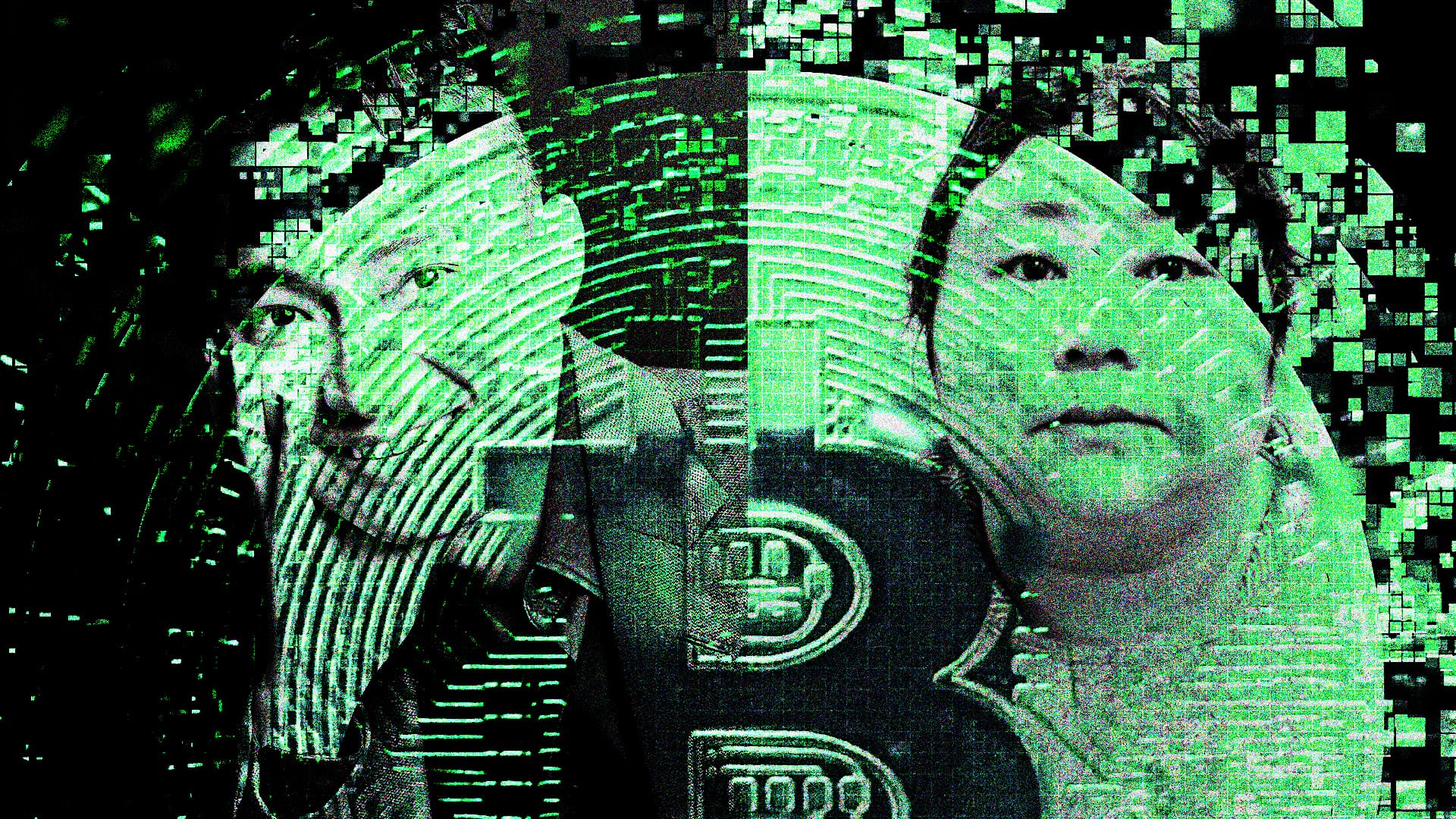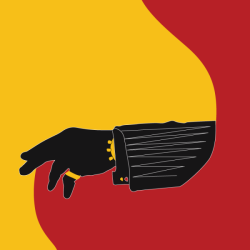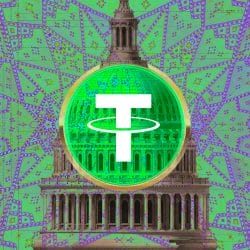
A tale of two Bitcoin billionaires
There have been some pretty chunky fines imposed by U.S. authorities for money laundering offences over the years. HSBC paid out $1.9 billion in 2012 for moving cash for Mexican mobsters; Goldman Sachs settled for $2.9 billion after being charged with helping kleptocrats loot a Malaysian sovereign wealth fund; and Danske Bank had to cough up $2 billion for moving vast sums for corrupt ex-Soviet officials.
I mention these amounts to put into perspective quite how ginormous the confiscation order secured last week by London’s Metropolitan Police against Zhimin Qian was. She could have paid all the fines imposed for those iconic acts of financial skulduggery in full, and still have had enough left over to buy the most expensive home ever sold, splash out on the most expensive car ever bought, and have a few millions left over for spending money. Before her wealth was snatched away, her net worth matched that of Donald Trump, who’s done pretty well himself over the last, hmmm, nine months or so.
“Between 2014–2017, Qian orchestrated a large-scale fraud in China through defrauding over 128,000 victims and went on to store the illegally obtained funds in Bitcoin assets,” the Met said. She fled to the U.K., where she was arrested last year, and her devices containing the keys to access her 61,000 bitcoins were seized.
There is a little bit of an asterisk next to the size of the seizure, however, since the bitcoins weren’t worth nearly as much when she bought them with stolen money as they are now. At the end of 2018, the year when the inquiry into her crime was launched, her bitcoins were worth around $228.5 million. That is obviously still by any standards a lot to steal but the cryptocurrency has had a wild ride since then, and her haul is now worth $7.24 billion and counting.
Qian had promised to triple the investments of the people she defrauded, but she actually increased them thirty-fold by stealing the cash and sticking it in bitcoin.
This episode raises some very interesting issues. What happens to the money? Obviously, her victims should get their money back, but what return should they get: just a standard interest rate, which is better than the nothing they have at the moment; the 300 percent she promised them, which would in ordinary times be awesome; or a proportionate share of this incredibly successful crypto-investment? If I was in the U.K. government, I would be arguing for the first option, but if I was in the Chinese government, I’d be aiming for the last.
Western law enforcement agencies normally struggle to get any kind of cooperation from their Chinese counterparts, but this case appears to be an exception. “Through a meticulous investigation and unprecedented cooperation with Chinese law enforcement, we were able to obtain compelling evidence of the criminal origins of the cryptoassets,” stated Will Lyne, head of the Met’s Economic and Cybercrime Command, which is something I have never heard a senior copper say before.
Could this be the prelude to an unprecedented thawing in relations between the U.K. and China, and the dawning of a new appreciation, nay a respect, for the rule of law in Beijing? Or could it just be that Xi Jinping’s people want a chunk of that $7.24 billion? The jury’s out. And it will remain out until those pesky jurors learn to do what they’re bloody well told.
There are some pretty odd, if compelling, details in this whole affair. “Zhimin Qian dreamt that the Dalai Lama would anoint her a reincarnated goddess,” reported the FT, “and that she would go on to become the Queen of Liberland, an unrecognised micronation on the Danube, where she would build the biggest Buddhist temple in Europe”. Qian travelled to the U.K. with a passport issued by the Caribbean nation of St Kitts and Nevis, which she applied for under the false name of Yadi Zhang.
St Kitts pioneered the whole “citizenship by investment” idea in partnership with Henley & Partners, and has done very well from it, as is abundantly obvious if you visit this extremely beautiful country. It may, however, be time for the rest of the world to start wondering why we are quite so happy to offer its “citizens” visa-free travel if this is the kind of person it sells passports to.
Another citizen of St Kitts and Nevis is the blockchain billionaire Justin Sun, who in August became the first Kittitian to sort of go into space. He travelled just beyond the official boundary on one of Jeff Bezos’ New Shepard rockets, which are so ludicrously appropriate in their phallicness that each trip is almost performance art.
Sun’s involvement in libertarian fever-dream Liberland, unlike that of fellow Kittitian Zhimin Qian, is no mere fantasy. He has been elected prime minister, and says the microstate “is a manifestation of a political philosophy that champions liberty, minimal government intervention, and individual autonomy”. Sun, notoriously, was one of the attendees at a private dinner hosted by Donald Trump in May for the top investors in his meme coin $TRUMP. The dinner was the culmination of Sun’s transformation from a fraudster charged by the Securities and Exchange Commission to a celebrated business associate of the U.S. president. Sun runs the TRON blockchain, which was home to more than half of all illicit crypto activity last year, according to TRM labs. To be fair, if I was in charge of that kind of business, I suspect that I would be in favour of “minimal government intervention” too.
The contrast between Sun’s fate and that of Qian couldn’t be more striking. The former, however shady his business dealings, gets to dine at the White House, while the latter is scheduled to be sentenced in a British court next month. If only Qian had invested in Trump’s meme coin?
A version of this story was published in this week’s Oligarchy newsletter. Sign up here.











